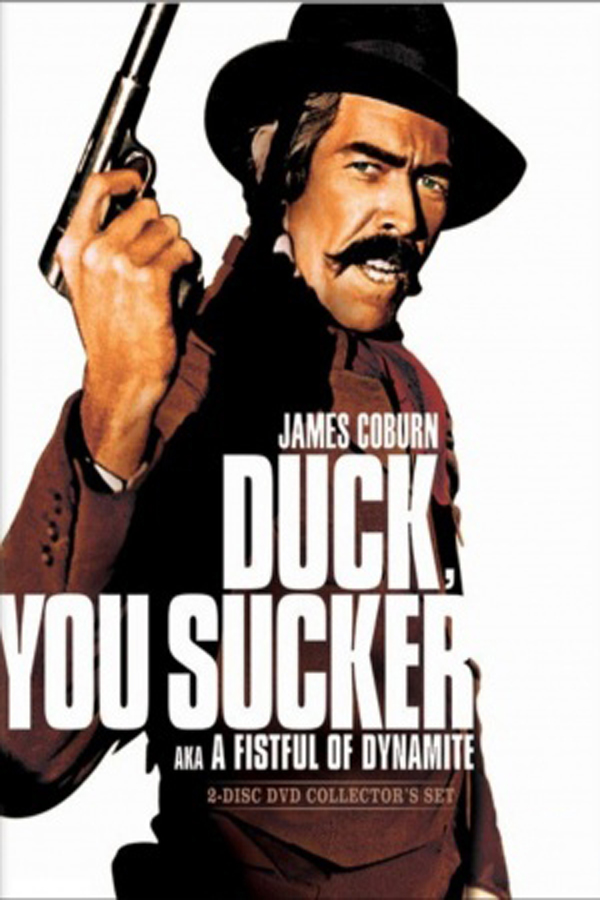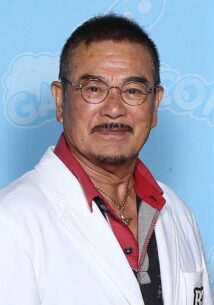Sonny Chiba
Sonny Chiba was born as Sadao Maeda in Fukuoka, Japan on January 22, 1939. His father was a military test pilot. During his youth, he had an interest in both theater & gymnastics. He was talented enough to make the Japanese Olympic Team until a chronic back injury ended his career. However, he took a strong interest in karate under the guidance of the Mas Oyama during college & soon earned his first black belt. However, his life changed again when he was discovered during a talent search by Toei Studios in 1960. He soon began his screen career under the name Shinichi Chiba, appearing as the space chief in Uchu Kaisoku-ken. Over the next decade, he busied himself w/ appearances in Japanese crime thrillers, steadily building a reputation for playing hard men of few words & direct actions.
With his proficiency in karate, judo & kenpo, he took advantage of the early 1970s martial arts boom sparked by Bruce Lee. He starred in The Street Fighter (1974), playing a mercenary style street thug who would do anything for a price & take on anyone, even the yakuza. The approach of the film was quite different from the Bruce Lee films in that Lee only eliminated his enemies when he was defending his friends or his honor. Instead, he was only aiming for a fistful of dollars for his deadly services & would engage in mortal combat for the highest bidder, although this often clouded his judgement to his own detriment. The only person the Street Fighter respects is his martial arts teacher, karate master Masaoko who manages to easily out smart & out fight him. Upon its release, the film was criticized for its excessive violence.
A sequel quickly followed w/ him back in Return of the Street Fighter (1974), which was then followed by a third Street Fighter movie starring Etsuko Shihomi in the gritty Sister Street Fighter (1974). There was a fourth & final film in the series Gyakushu Satsujin ken.
He had firmly established himself as a key anti-hero of Asian martial arts cinema who said little & used his fists to sort out his troubles. With the demand high from fans, he remained busy on screen for the next 20 years, starring in numerous Japanese film & TV productions w/ an emphasis on bruising fights, samurai swords, yakuza gangsters & beautiful girls in trouble.
Outside of Japan, the Street Fighter film series has achieved enduring popularity through many midnight cult screenings. Their style heavily influenced Quentin Tarantino. He has used strong references & imagery from the Street Fighter movies in several of his films including True Romance (1993) and Pulp Fiction (1994). When he came around to casting for Kill Bill: Vol. 1 (2003), he was eager to have Chiba accept the key role of the hot headed & sometimes humorous Okinawan sword maker Hanzo Hattori. He continued to be a major figure & influence in the world-wide passion in martial arts movies for over 3 decades, contributing to the genre by encouraging & training young hopefuls seeking to make their mark on screen.Before retiring, Chiba had starred in Kill Bill: Volume 1, and The Fast and the Furious: Tokyo Drift. Chiba died from complications of COVID-19 on 19 August 2021 at age 82.

